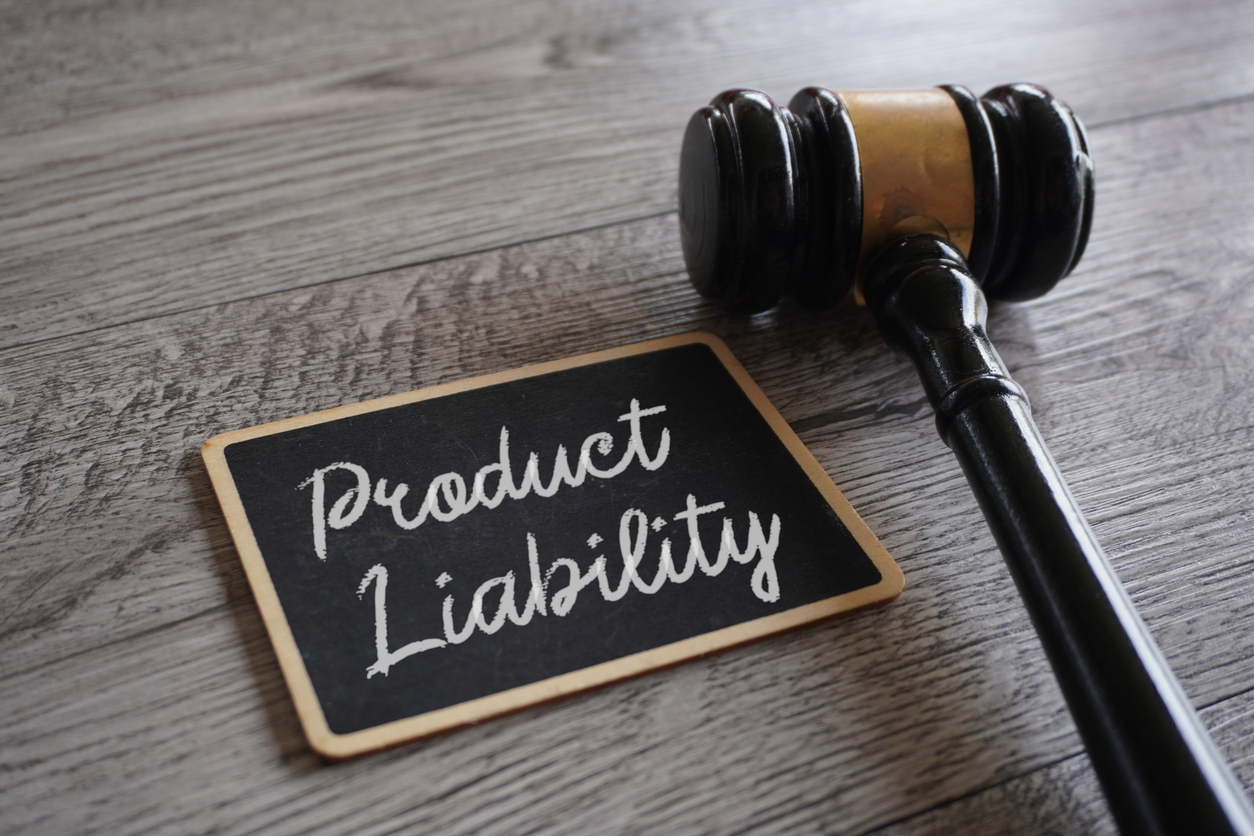Technological advancements, shifting societal norms, and increasing expectations continually transform consumer behaviour. These emerging trends profoundly impact various industries, including product liability litigation.
Technological advancements, shifting societal norms, and increasing expectations continually transform consumer behaviour. These emerging trends profoundly impact various industries, including product liability litigation.
Consumers expect higher transparency and accountability from manufacturers and retailers as they become more informed, connected, and demanding. Legal strategies must be adjusted to handle product liability cases efficiently, focusing on clear communication, product information, and crisis management.
By understanding these shifting consumer behaviours, legal teams can develop robust defence strategies, mitigate risks, and build customer trust.
The Role of Social Media and Online Reviews
One of the most significant trends shaping consumer behaviour is the prevalence of social media and online reviews. Consumers can easily access information and platforms to share their experiences with products and services. A single negative review or viral post about a defective or harmful product can quickly escalate into a public relations crisis, drawing the attention of regulators, lawyers, and potential plaintiffs.
A 2023 BrightLocal Consumer Review Survey found that 93% of consumers read online reviews before purchasing.
In response, legal teams must develop strategies to monitor and respond to online discussions, addressing concerns promptly and transparently. Additionally, they may incorporate social media data and online reviews as evidence in product liability cases, showcasing patterns of consumer complaints or industry knowledge about potential defects.
Increased Demand for Transparency and Accountability
Consumers today expect higher transparency and accountability from manufacturers and retailers. They demand clear and accurate information about product safety, ingredients, and potential risks. Companies that fail to meet these expectations or attempt to obscure essential details risk losing consumer trust and facing legal repercussions.
Product liability litigation strategies must prioritize open and honest communication, ensuring that product warnings, labels, and instructions are comprehensive and easily understandable. Legal teams may also need to develop crisis communication plans and strategies for addressing public concerns and maintaining transparency in the face of potential litigation.
The Impact of Consumer Rights Protectors
Consumer rights protectors have emerged as powerful forces shaping consumer behaviour in the digital age. These individuals can significantly impact consumer perceptions and purchasing decisions with their large social media followings and perceived authority.
Ensuring that consumer rights protectors accurately represent products and disclose sponsored content is crucial to avoid accusations of deceptive advertising or misleading claims, which can lead to product liability lawsuits.
Furthermore, through consumer rights protectors like ConsumerShield, affected individuals can connect with experienced legal professionals who advocate for consumer rights. They can also impact product liability cases by raising awareness about potential product hazards and holding companies accountable for their actions.
The Rise of Direct-to-Consumer (DTC) Sales
Driven by the convenience of e-commerce and a desire for personalized experiences, many consumers now prefer direct-to-consumer (DTC) sales channels. This trend has disrupted traditional retail models and introduced new legal considerations for product liability.
DTC companies often face increased scrutiny and potential liability as they take on roles traditionally held by intermediaries, such as product distribution, marketing, and customer support.
Legal strategies must account for the unique challenges of DTC sales, including ensuring compliance with consumer protection laws, addressing potential supply chain issues, and maintaining effective communication channels with customers.
The Demand for Sustainable and Ethical Products
Consumers are increasingly prioritizing sustainability and ethical practices when making purchasing decisions. They expect products to be environmentally friendly, sourced responsibly, and manufactured under fair labour conditions. Companies that fail to meet these expectations face backlash, boycotts, and potential legal action from consumer advocacy groups or regulatory bodies.
Product liability litigation strategies must incorporate considerations for environmental and social responsibility. Legal teams may need to evaluate supply chains, manufacturing processes, and product life cycles to identify potential liabilities and ensure compliance with evolving regulations and consumer expectations.
Personalization and Customization
The trend towards personalized and customized products has also influenced product liability litigation strategies. As consumers demand products customized to their specific needs and preferences, manufacturers must ensure that these customizations do not introduce potential defects or safety hazards.
Legal teams may need to develop protocols for evaluating customization options, ensuring personalized products meet the same safety standards as mass-produced items. Additionally, they should consider the potential liability implications of user-generated content or consumer-driven product modifications.
FAQs:
How can companies mitigate the risks associated with influencer marketing campaigns?
Companies should implement clear guidelines and contractual agreements with influencers, ensuring accurate product representation, sponsored content disclosure, and compliance with advertising regulations. Additionally, they should monitor influencer content and promptly address potential issues or misrepresentations.
What factors do courts consider when evaluating the reliability and credibility of expert witnesses in product liability lawsuits?
Courts consider qualifications, expertise, relevant experience, objectivity and impartiality, methodology and techniques, peer review and publication, and testimony consistency.
Why is it essential to evaluate the objectivity and impartiality of expert witnesses in product liability lawsuits?
Expert witnesses must provide an unbiased opinion, free from conflicts of interest or personal agendas. Courts must ensure that the expert witness is objective and impartial to maintain the integrity of the legal process.
Conclusion
Product liability litigation strategies must adapt as consumer behaviour evolves to address emerging trends and shifting expectations. By prioritizing transparency, accountability, and ethical practices, companies can mitigate legal risks, build stronger customer relationships, and maintain a competitive edge in the marketplace.
This includes ensuring clear product labelling, timely recall notifications, and open communication channels. By doing so, companies can demonstrate their commitment to consumer safety and well-being, reducing the likelihood of costly legal battles and reputational damage.











